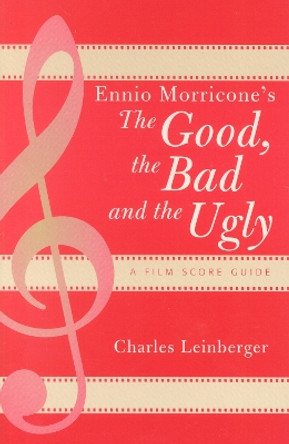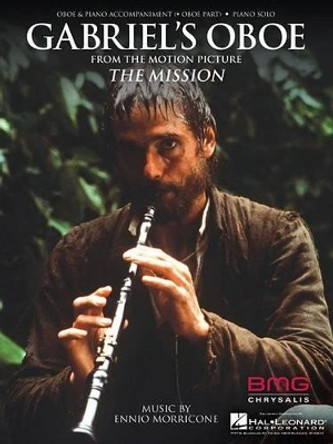Description
About the Author
Ennio Morricone has written scores for nearly 400 films. In 2007 he received an honorary Academy award for his significant contribution to the art of film music, the only composer to be so recognized. Sergio Miceli is an Italian musicologist whose many analyses, particularly of Morricone's scores, have established film music as a major artifact of the 20th century. Gillian B. Anderson is an orchestral conductor and musicologist who has reconstructed the scores for over 40 pre-1929 classic films and performed them with orchestras and at film festivals around the world.
Reviews
Morricone is a distinguished Italian film composer with more than 400 scores to his credit, including The Untouchables, Fistful of Dollars, and Ripley's Game. Miceli is a musicologist. Their book-a series of insightful/inspiring lectures on the uses/aesthetics of cinema scores-constitutes a short course in the rigors of film music composition. The authors mix examples and caveats to young composers, saying that a course cannot teach film composition. Attention to synesthesia--partnering of sounds and colors-is a necessity, and irrational choices should be eschewed ('the most inadmissible thing is to resort to asynchronism or incoherent juxtapositions'). Discussion of the process-consultations, directors, viewings, style, and premix/final mix-are intercut with 'seminars' about solving specific problems; the authors use experimental film edits to stimulate youthful composers' imaginations. Morricone argues for strict attention to the psychological dimensions of the film's characters; he provides examples from Hitchcock (Morricone's metacinematician), Ridley Scott, and the Traviani brothers. Morricone's observations include the ideas that mediated scenes (in which music carries character reactions) are essential and that 'tone color is one of a film composer's most important means of expression.' Summing Up: Highly recommended. Upper-division undergraduates through faculty/professionals. * CHOICE *
Book Information
ISBN 9780810892408
Author Ennio Morricone
Format Hardback
Page Count 310
Imprint Scarecrow Press
Publisher Scarecrow Press
Weight(grams) 585g
Dimensions(mm) 237mm * 160mm * 28mm










